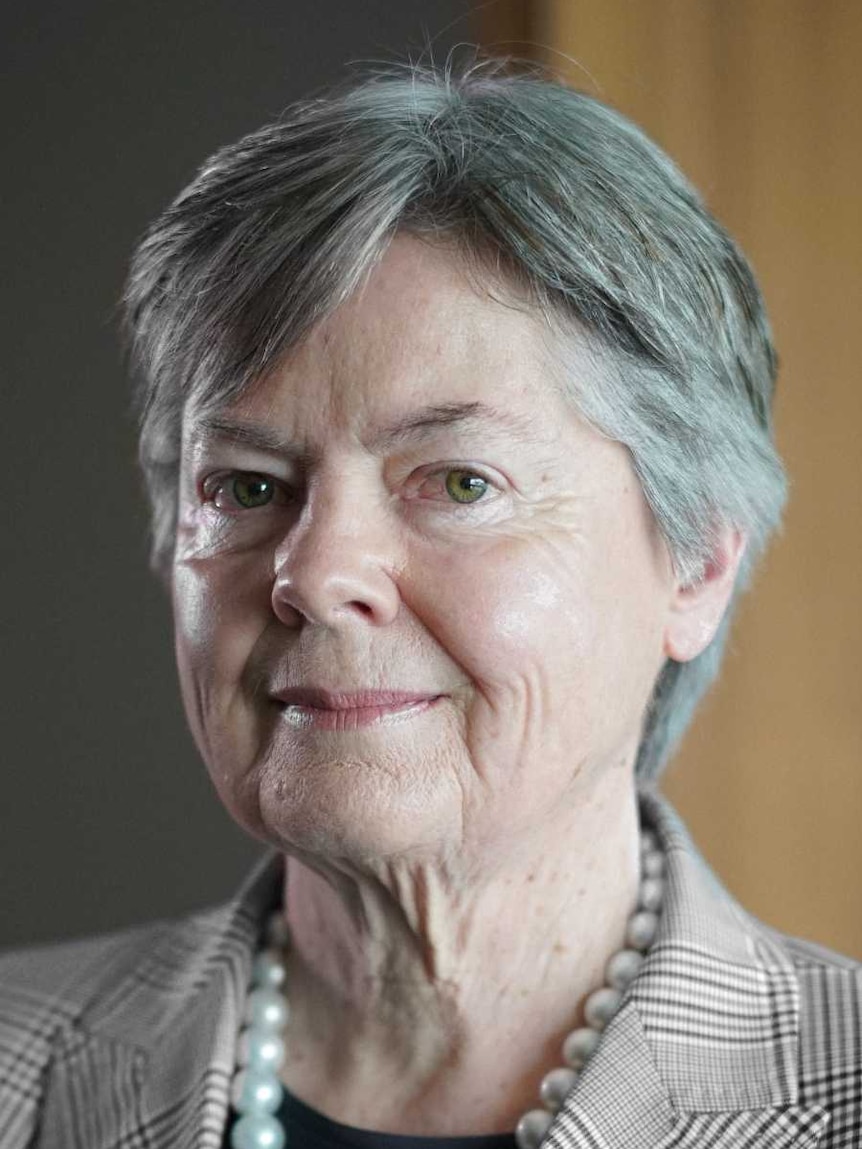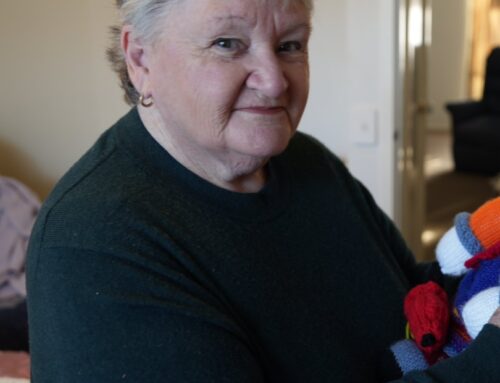South Australia’s anti-corruption watchdog has revealed “political sensitivities” were partly to blame for public servants failing to report potentially criminal behaviour to the Office of Public Integrity.
Key points:
- The report found reluctance to report issues may have cause serious deficiencies
- Commissioner Ann Vanstone also investigated dishonest contractors in aged and disability care
- She says changes to the ICAC laws could prevent similar investigations in the future
Independent Commissioner Against Corruption Ann Vanstone has released a report detailing multiple cases of government contractors behaving dishonestly, conduct she found was “enabled” by poor contract management practices in government departments.
The investigation took place in April 2021, before the state parliament voted to narrow the scope of the anti-corruption watchdog.
The ICAC investigation found “serious deficiencies” in the way the Department for Innovation and Skills handled a training program subsidy scheme, after a registered training operator defrauded the department “hundreds of thousands of dollars over several years.”
The report states this was achieved by falsely reporting that students had achieved full competency for courses before those courses were completed, in order to trigger a subsidy payment.
“This conduct by the organisation was obscured from the Department’s view because of a complex system of reporting codes, coupled with unwieldy administrative arrangements poorly designed to verify the truth of facts underpinning subsidy claims,” the report said.
Reluctance to report
Among the main findings of the investigation was a reluctance among senior officers to report issues to the Office of Public Integrity.
The report suggests that may have been partly due to perceived political pressure, through an “awareness” that employment and training was a key policy agenda of the then-Liberal government.
“The investigation revealed that staff were contending with challenging matters of integrity and corruption, and questioning how best to address and expose them,” it said.
The report notes that attempts were made to manage the situation internally, with a consultancy firm engaged to confirm the financial shortfall.
The distribution of training grants accounted for 85 per cent of the department’s expenses in 2020-21.
Will changes to ICAC prevent future investigations?
While the commissioner’s investigation did not end in criminal charges being laid, it did establish that manipulation of subsidies had occurred for many years, undetected by the department.
“The investigation was unable to establish conclusively the person at the organisation who authorised or was responsible for the subsidy manipulation,” the report read.
“No criminal proceedings against anyone at the organisation were therefore pursued.”
Ms Vanstone pointed out other significant investigations she had undertaken had ended without criminal charges for similar reasons.
That included an inquiry into a care provider that allegedly invoiced an agency for one-on-one care it never provided, which was only discovered when a client went missing from a government facility.
Another investigation involved an aged care provider alleged to have created fake carers to dishonestly report it was meeting minimum care requirements.
Ms Vanstone said future investigations of that nature might not be possible, taking aim at changes to the state’s ICAC legislation that sailed through parliament last year.
“This creates an imperative for public authorities to take steps to ensure they have adequate controls in place to prevent dishonest conduct on the part of contractors.”





